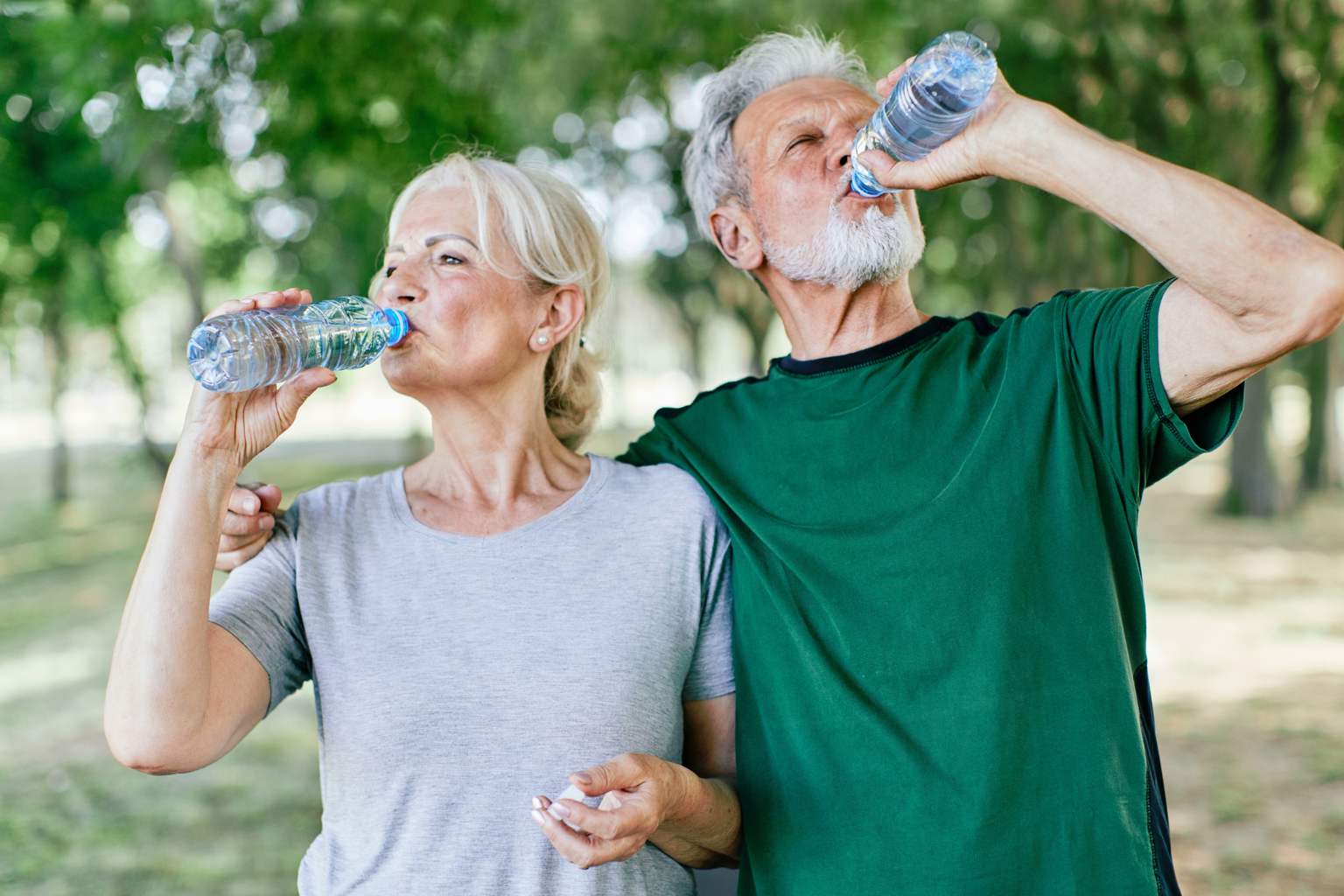Every day, we hear that staying hydrated is crucial—but for adults over 65, it’s much more than a casual reminder; it’s a vital part of maintaining health and independence. Research in geriatric nutrition shows that consuming about 50 ounces (a little over 6 cups) of fluids primarily in the form of water is essential for this age group. As the body ages, key changes affect how it handles fluids, making proper hydration a lifeline for preserving vital organ function.
Hydration is not just about quenching thirst; it plays a fundamental role in supporting the heart, kidneys, and brain. Yet, as we grow older, the natural drive to drink water—the thirst mechanism—starts to falter. This can quietly lead to dehydration with serious health consequences. Let’s explore why fluid intake matters so much after 65, what risks come with falling short, and how simple habits can help seniors meet their hydration needs.
Why hydration matters more for adults over 65
As people age, their body’s natural thirst cues tend to weaken, meaning that many seniors don’t feel thirsty even when their body desperately needs fluids. This isn’t due to laziness or forgetfulness—it’s a normal part of aging influenced by declining kidney function and changes in hormone levels that regulate hydration.
This diminished thirst can become dangerous because it hides a growing risk of dehydration. Older adults often deal with medications or chronic conditions such as diabetes or high blood pressure that further complicate fluid balance. When daily hydration is inadequate, the heart has to work harder, increasing strain on the cardiovascular system, while the immune system also weakens, making it harder to fight off illness.
Dehydration goes beyond making you feel dry or tired—it can cause serious problems like kidney impairment, confusion, dizziness, and even increase the chance of falls. For example, a close relative of mine once felt light-headed and disoriented, which we later learned was due to mild dehydration that could have been prevented with steady water intake. This situation highlighted how critical it is for me to remind family elders to sip fluids throughout the day. Keeping to the recommended 50 ounces of water daily is a solid way to protect brain function, support organ health, and maintain energy.
Simple strategies for seniors to drink more water every day
Since older adults often don’t feel thirsty when they should, incorporating hydration into the daily routine actively is key. Trying to gulp down large amounts of water all at once can be uncomfortable or overwhelming, but taking small, regular sips throughout the day is much more manageable.
A few practical tips include setting hourly reminders on a phone or watch, keeping a water bottle within arm’s reach, or pairing hydration with regular activities like meals or medication. While plain water is best, other drinks like unsweetened herbal teas also count toward fluid intake.
Turning hydration into a habit makes it easier to hit that 50-ounce target. Some seniors find flavored water with natural lemon or cucumber refreshing enough to inspire more frequent sips. Others rely on broths or soups, especially during colder months, to boost overall fluid consumption. The main goal is steady and consistent intake—the key to avoiding the hidden dangers of dehydration.
Watching for signs and staying motivated to hydrate well
Even with the best habits, it’s important to watch for signs that fluid intake might be slipping too low. Symptoms like dry mouth, dark-colored urine, fatigue, or dizziness should signal an immediate need to drink more.
Motivation can come from thinking about the freedom and clarity that proper hydration supports. For seniors who want to maintain their independence, avoid hospital visits, and feel mentally sharp, drinking enough fluids every day is a simple but powerful way to invest in long-term well-being.
Have you noticed changes in how much you or an older loved one drinks water? What strategies have worked best? Share your thoughts and experiences below—your stories might help someone else stay healthier and more energized. Let’s keep this conversation flowing!
